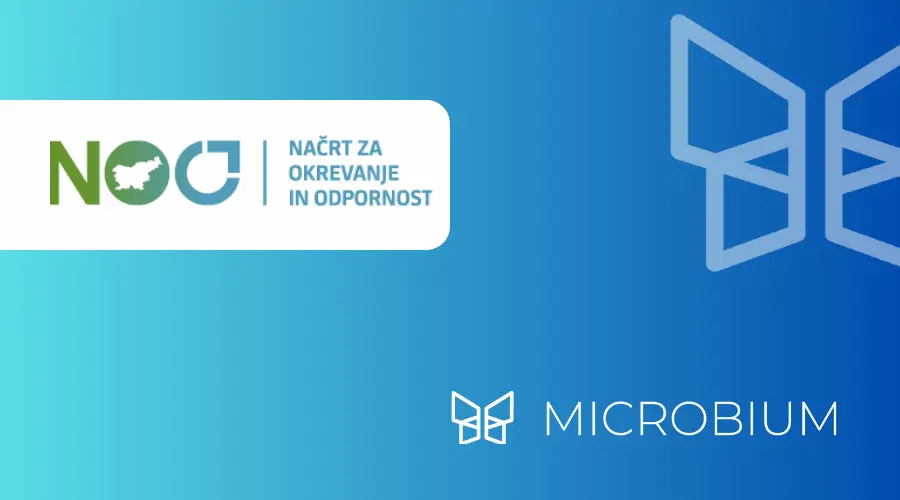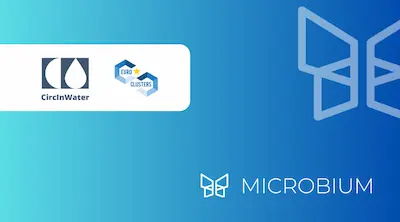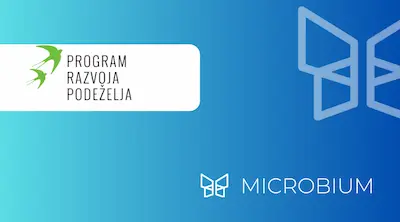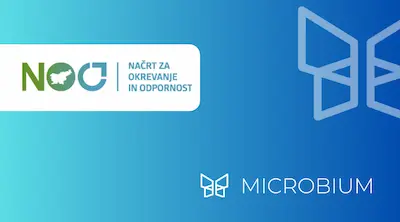· 2 min read
Public tender: RRI NOO 2023
The goal of this public tender is to contribute to the green transition by increasing investments in research and development, enhancing productivity (including material and energy productivity), and boosting the competitiveness of the economy.

Public tender: RRI NOO 2023
Project Name: ETC XS Lab - Zero Waste in Wastewater
Objective of the Public Tender:
The goal of this public tender is to contribute to the green transition by increasing investments in research and development, enhancing productivity (including material and energy productivity), and boosting the competitiveness of the economy. This will be achieved by co-financing at least 95 research and development projects undertaken by corporate consortia, focused on transitioning to a circular economy. This includes efforts to prevent and control pollution and to address climate change mitigation through the development of new or improved high-value products, processes, or services with market potential, thereby enhancing the competitiveness of the participating companies.
Project Goal:
- The project aims to develop the Microbium® ETC Analyzer, the world’s first reusable device for detecting bacteria in wastewater. This device will be further optimized with system automation and remote access for data review through the Smart Incubator, reducing plastic material usage by over 60%.
- Environmental Solution: The project features an environmental technology focused on environmental protection from two aspects: Elimination of plastic material consumption (“zero waste” product). Sustainable management of water resources by transitioning to circular wastewater management.
Project Objectives:
- Develop the Microbium® ETC Analyzer for the detection and quantification of Enterococcus sp. in wastewater.
- Develop a smart incubator that facilitates easy network connectivity (IoT), allowing users to access data and results (condition snapshots) remotely—a feature not currently available on the market. Upgrades will also include a standby program for calculating bacterial concentrations and an automatic shut-off of the incubator after analysis completion (24 hours).
- Reduce the amount of plastic material used in the model’s construction.



